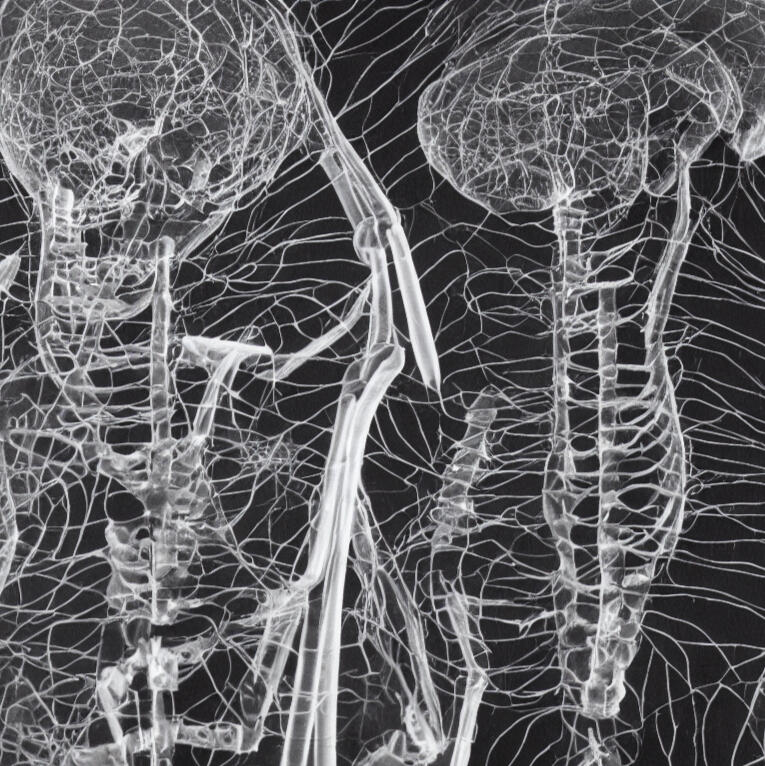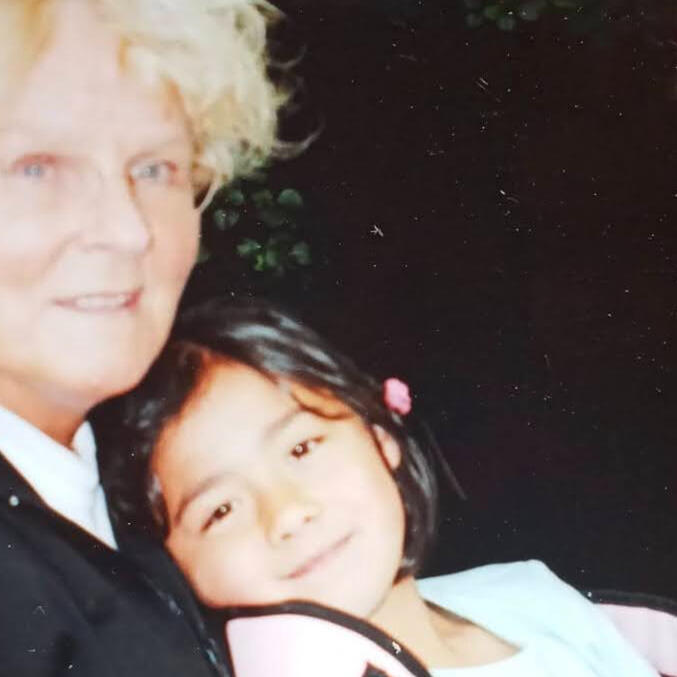
1.10.2026
a choreographic research
project on memory & movement


a choreographic research
project on memory & movement
definitions
[ə]: "schwa", origin Latin. a mid central vowel first used in Bavarian dialects of the 1820's. a sound produced by relaxing the articulators in the oral cavity and vocalising. communication, embodied.
[memorium]: origin Latin. in memory of, remembering or honoring the deceased. relation to "memory", the faculty by which the mind stores and remembers information.
Questions
How do we remember through the body?Where do we store our memories, neurologically & kinesthetically?How does memory continue to live on through our embodied experience?Can we trace memories to somatic patterns in order to access deeper recollection?
BACKGROUND
Inspired by emerging frameworks in neurosomatic research, əmemorium explores the embodied nature of memory processes through movement. What began as a personal tribute to my grandmother, soon forged a larger academic pursuit to understand the neurological mechanisms of memory encoding, consolidation, and retrieval through sensorimotor and perceptual systems. The body is a living source of uniquely inscribed history captured within our neuromuscular architecture; we remember, recollect, and reprocess through the body. This project focuses on identifying sensorimotor patterns underlying memory retrieval, using embodied research to generate choreographic scores and visual concepts that articulate remembering as a deeply somatic phenomenon. Developed in tandem with my graduate research, əmemorium culminates into written and choreographic work that captures key findings from the literature to express the empirical basis of memory formation from an embodied perspective. This project was developed with support from the University of Florida Graduate School as part of an Independent Study with the Department of Applied Physiology and Kinesiology. əmemorium premieres January 10th, in honor and celebration of my grandmother's birthday.
METHODOLOGY
[research]: this project draws from academic research to inform the choreographic process through:1) a systematic literature review on memory research within contemporary neuroscience2) empirical analysis of embodied memory systems in multi-modal trials of encoding & retrieval3) improvisational research of somatotopy, sensorimotor models of memory, and brain activity patterns in memory retrieval

circa 2004, großmama und ich
In Dedication to...
the one who makes every memory worth remembering. the light, the joy, the laughter of life. liebe Großmama, ich vermisse dich immer, und für immer. deine, schnecke
Special Thanks
My deepest gratitude to Dr. Diba Mani, Bernhard Hanke, Danilo Crispino, Miguel Mariaca, Pierre Mariaca, Luca Bordonaro, my father and my grandfather, for helping me bring this piece to life.
status: ememorium is now live. check back for more updates on process & post-production insights.
Credits
choreography & performance: felicitas fischer
videography & editing: danilo crispino
music: miguel mariaca & pierre mariaca
clarinet & bass clarinet: luca bordonaro
site coordinator: bernhard hanke
location: heilstätte grabowsee
RELEVANT LITERATURE
Embodiment in episodic memory through pre-motor hippocampal coupling (Nathalie Heidi Meyer, et. al. 2024)The role of bodily self-consciousness in episodic memory of naturalistic events: an immersive virtual reality study (Sylvain Penaud, Yeh, D., Alexandre Gaston-Bellegarde, & Pascale Piolino. 2023)Exploring the role of interoception in autobiographical memory recollection (Messina, A., Basilico, S., Bottini, G., & Salvato, G. 2022)Embodied Memories: Reviewing the role of the body in memory processes (Ianì, F. 2019)Assessing body awareness and autonomic reactivity: Factor structure and psychometric properties of the Body Perception Questionnaire‐Short Form (Cabrera, A., et. al., Porges, S. W. 2018)Embodied Knowledge - Embodied Memory (Fuchs, T. 2016)Look Here: Eye movement play a functional role in memory retrieval (Johansson, R., & Johansson, M. 2013)Gestures Maintain Spatial Imagery (Wesp, R., Hesse, J., Keutmann, D., & Wheaton, K. 2001)


